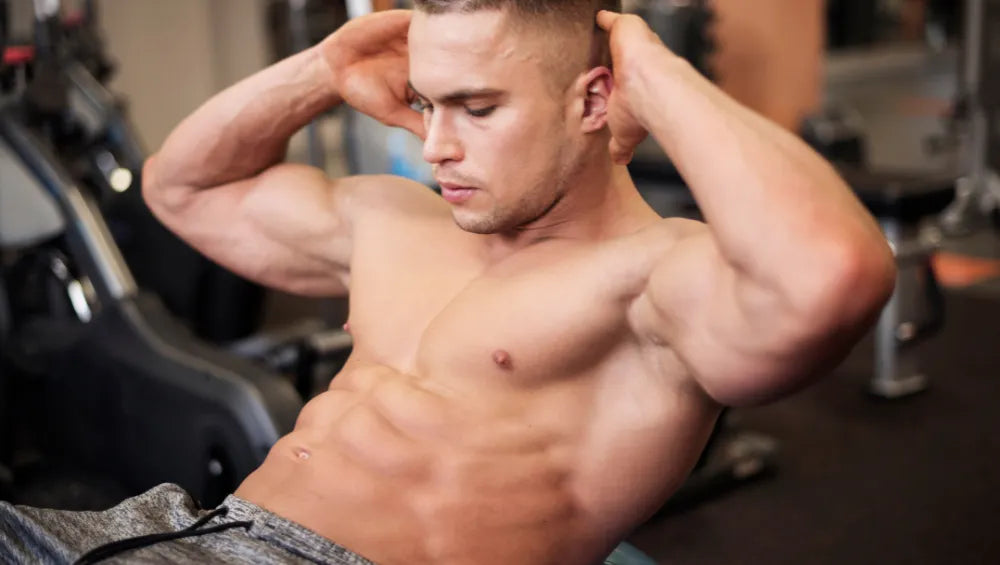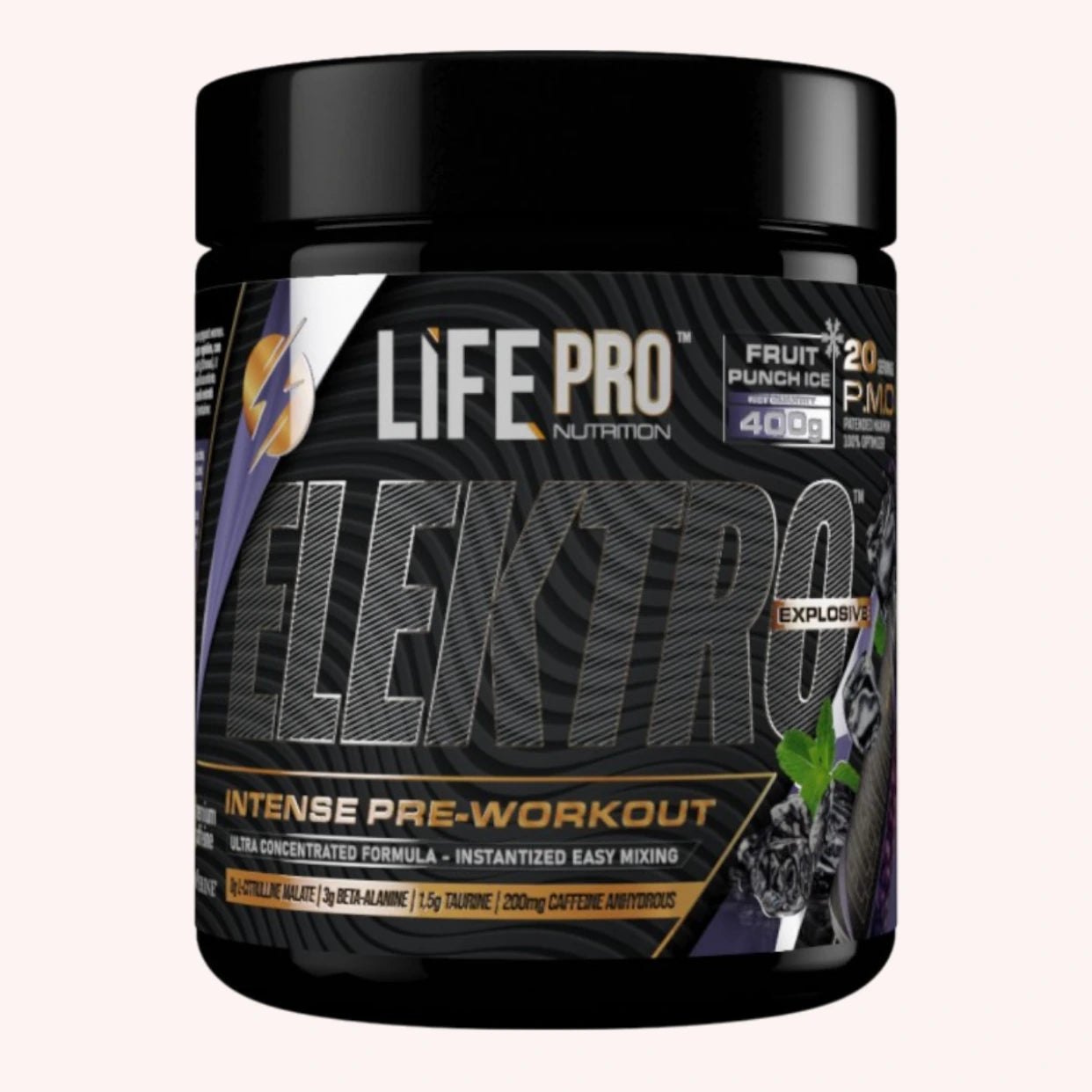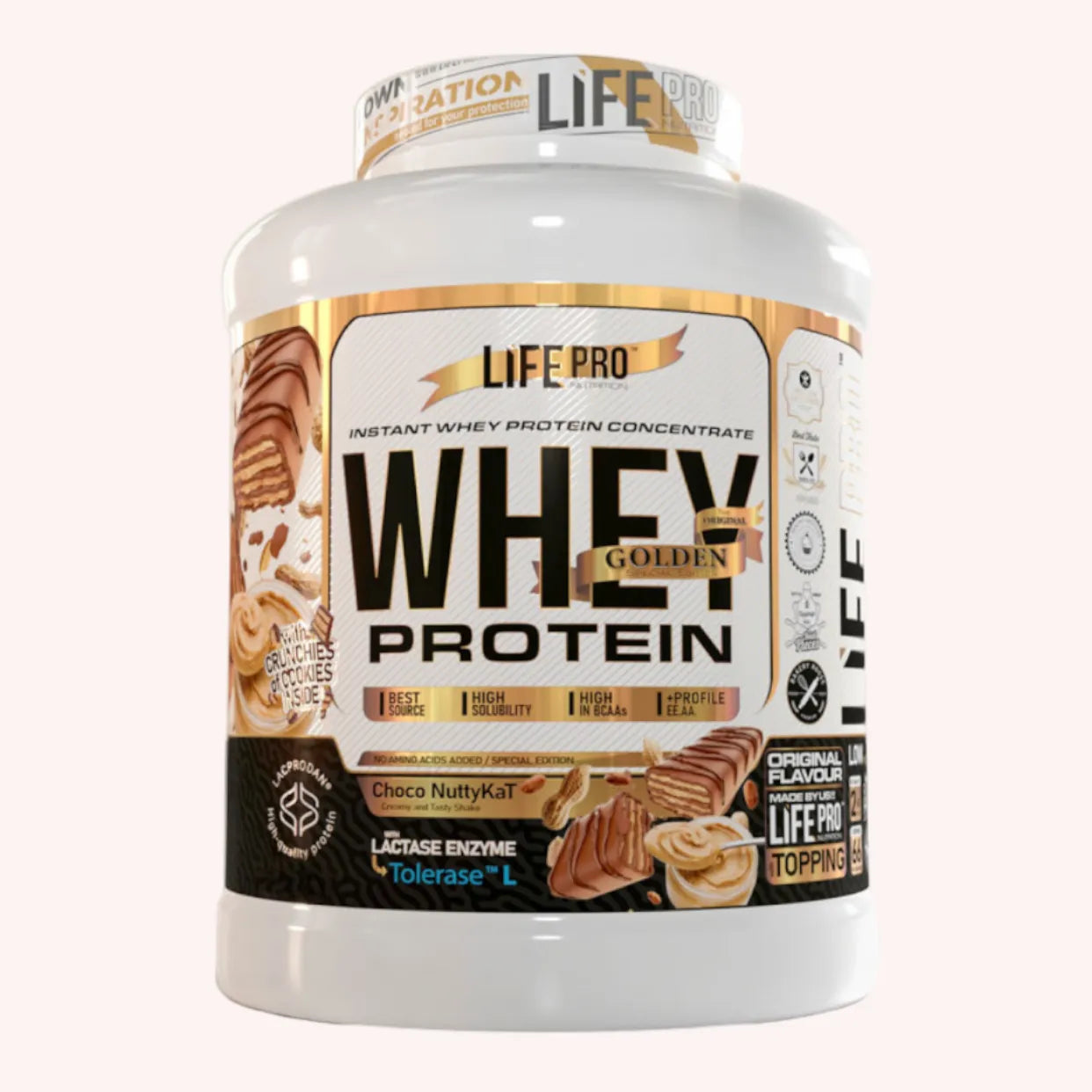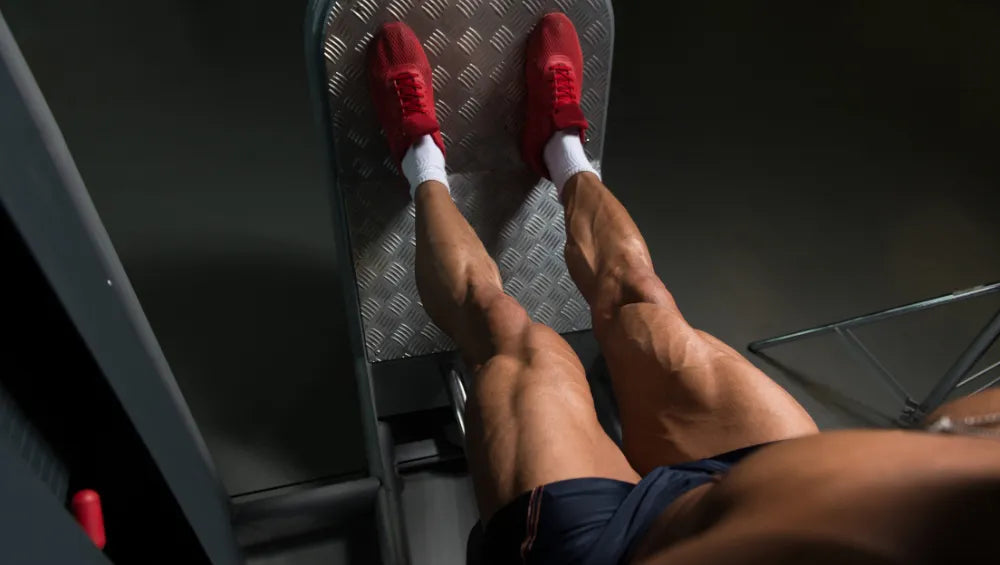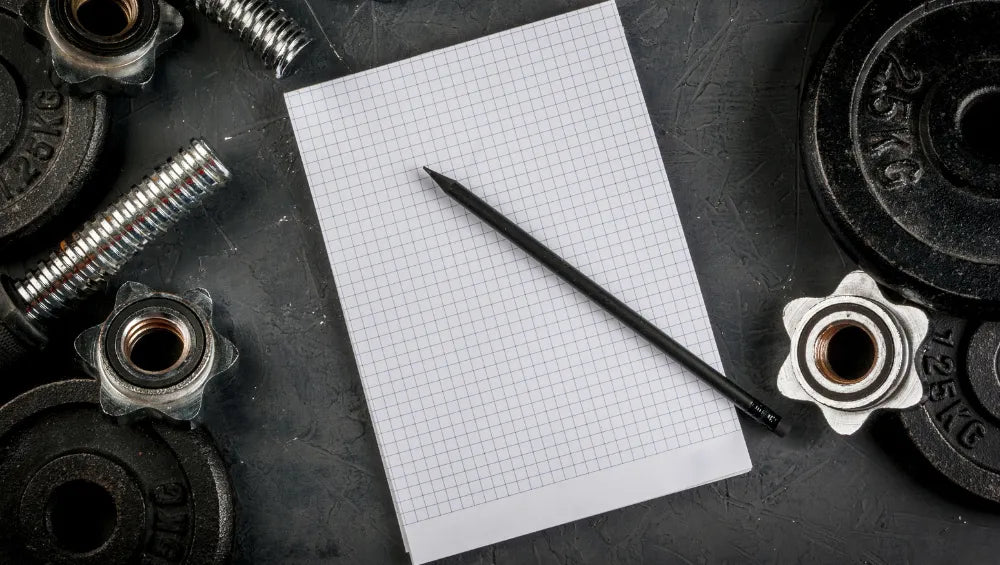Do you dream of having sculpted abs and a flat stomach? Achieving this goal requires a mix of specific techniques, targeted exercises, and discipline.
How to get abs?
All the key moves to sculpt your core, including deep muscles like the transverse abdominis. Understanding the Core The core is made up of several muscle groups that play a key role in the stability and balance of the body. Key muscles include:
- The rectus abdominis : Often called the “six-pack,” this is the muscle visible at the front of the abdomen.
- The obliques : Located on the sides, they allow rotations of the trunk.
- The transverse : Located deep down, it ensures the support of the organs and contributes to a flat stomach.
To achieve optimal results, working all of these muscles is crucial.
Exercises to strengthen the rectus abdominis
Classic Crunch
A fundamental exercise for the abs, the classic crunch primarily targets the rectus abdominis.
Starting position :
- Lie on your back with your knees bent and your feet flat on the floor.
- Place your hands behind your head without pulling on your neck.
Movement :
- Gently lift your head, shoulders and upper back off the floor by engaging your abs.
- Slowly lower yourself back down in a controlled manner.
Reverse Crunch
Slightly different, the reverse crunch works more of the lower part of the rectus abdominis.
- Starting position : Lie on your back with your arms at your sides and your legs raised to 90 degrees.
- Movement : Roll your pelvis towards your chest by contracting your abs, then slowly lower your legs without touching the floor.
The V-ups
V-ups are a dynamic exercise where you form a V shape with your body by simultaneously raising your legs and torso. It promotes maximum engagement of the upper and lower abs .
The dragon flag
The dragon flag is a very advanced movement that already requires significant core strength. Popularized by Bruce Lee, this exercise also develops overall upper body strength.
Oblique Exercises
Oblique crunch
The oblique crunch targets the external and internal oblique muscles.
Starting position :
- Lie on your back with your knees bent and your feet flat.
- Place your hands behind your head.
Movement :
- Rotate your torso to the right while lifting your left side toward your right knee.
- Return to the starting position and repeat on the other side.
Russian twist
Excellent for engaging the obliques, this exercise also promotes core stability.
- Starting position : Sit on the floor with your knees bent. Lean your torso back slightly.
- Movement : Hold a weight or ball in your hands and twist your torso to the right, then to the left, engaging your obliques.
Strengthening the transverse muscle
Ventral sheathing (Plank)
Planking is a surefire technique for strengthening your core. Unlike dynamic exercises, such as traditional crunches, planking focuses on stability. The main variations of planking include:
- The front board
- The side plank
- The hollow hold
Each of these movements can be adapted with variations such as leg lifts or inclines, allowing different muscle groups to be engaged.
- Starting position : Support yourself on your forearms and toes, keeping your body aligned.
- Movement : Stay in this position by voluntarily contracting your abs and breathing deeply.
Toes to bar
This move is often practiced in the world of CrossFit. Hang from a horizontal bar and bring your feet up to it. This technique intensely engages the abdominal muscles and also improves grip strength.
Abdominal vacuum
Less well known, but very effective, the vacuum works directly on the transverse.
- Starting position : On all fours or sitting on a chair, exhale completely.
- Movement : Pull your stomach in as far as possible, holding the contraction for a few seconds.
Combination movements for a complete workout
Sit-ups with twist
Combination of crunch and rotation to optimize the work of the entire abdominal strap.
- Starting position : Lie on your back with your knees bent and your feet on the floor.
- Movement : Perform a standard sit-up, then twist your torso to the right. Return to the starting position and repeat by twisting to the left.
Mountain climbers
Cardio and ab engagement guaranteed with this dynamic exercise.
- Starting position : Plank position, resting on your hands.
- Movement : Alternately bring your knees towards your chest, keeping your pelvis low and your abs engaged.
Optimize your training
Vary the exercises
Changing exercises regularly will allow you to stimulate your abdominal muscles differently, thus avoiding routine and maximizing athletic gains.
Adjust the intensity
Gradually increasing the number of repetitions and the difficulty of the exercises ensures continuous improvement in performance and muscle strengthening.
The importance of rest and recovery
Any intense effort must be followed by an adequate recovery phase to allow the muscles to repair and strengthen.
Rest days
Interspersing rest days between ab workouts allows for better muscle recovery and reduces the risk of injury.
Stretching
After each session, perform gentle stretches to promote flexibility and prevent muscle soreness.
Examples of weekly programs
Here are two examples of balanced programs to effectively integrate these exercises into daily routines.
Beginner's Program
Duration: 4 weeks
- Monday: Crunches (3×15), Russian rotations (3×20).
- Wednesday: Plank plank (3×30 seconds), leg raise (3×15).
- Friday: Side plank (3×30 seconds each side), Superman (3×15).
Advanced Program
Duration: 6 weeks
- Tuesday: Dragon flag (3×10), V-ups (3×20).
- Thursday: Toes to bar (3×15), mountain climbers (3×30 seconds).
- Saturday: Combinations of HIIT cardio and bodyweight exercises (intervals of 45 seconds of work/15 seconds of rest).
The importance of a balanced routine
- Quick tip: Beyond ab-specific workouts, incorporating a variety of total-body exercises is crucial for healthy, balanced body development.
Compound exercises
Including movements like squats, deadlifts, and overhead presses in your daily routine goes a long way toward strengthening your core. These multi-joint exercises require continuous core stabilization.
Alternation and periodization
Varying your workouts and alternating between high-intensity periods and recovery phases helps prevent progression plateaus. Structures like HIIT (High-Intensity Interval Training) can be a good complement to more strength-focused workouts.
The importance of nutrition
A flat stomach and visible abs free of fat are not achieved only through exercise; diet plays a fundamental role.
Avoid processed foods
Foods high in refined sugars and saturated fats should be minimized. Instead, opt for sources of lean protein, vegetables, and healthy fats.
Maintain a calorie deficit
To reveal your rock-hard abs, it's important to gradually reduce your calorie intake while still consuming essential nutrients. Restrictive diets are unsustainable and can be harmful in the long run.
Hydration
Water makes up 65% of our body. Proper hydration aids metabolism and aids in detoxification, contributing to better muscle definition. So, drink plenty of water even when you're not working out.
How to Get Abs: In Summary
Always consult a personal trainer or fitness professional when introducing new, complex movements into your routine. Make sure you understand the correct technique to avoid injury. Patience and consistency in your efforts will lead to visible and lasting results without wasting energy.




